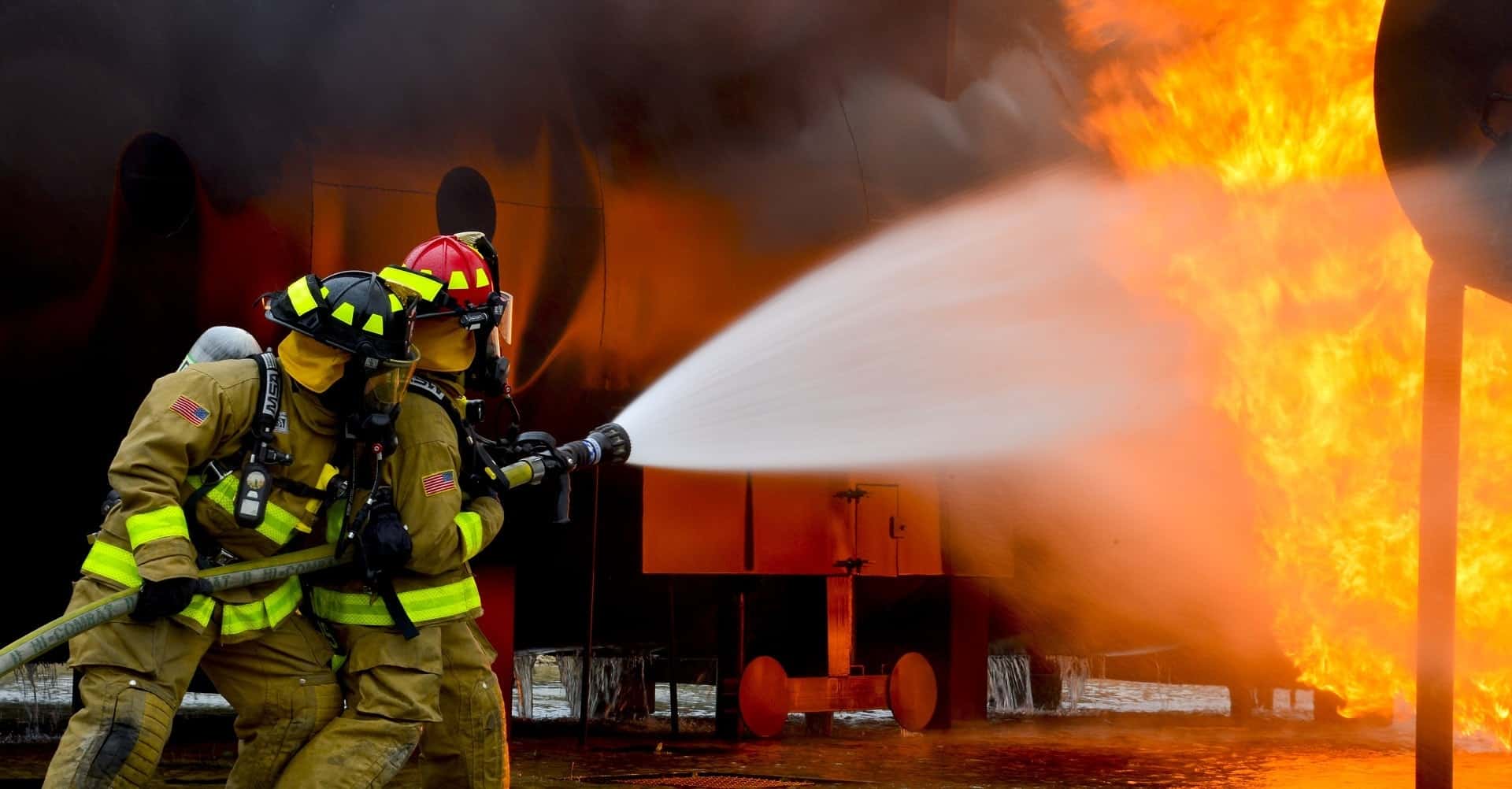How Does the EPA Decide: Accident, Negligence, or Knowing Conduct?

EPA Special Agents investigate the most significant and egregious violations of environmental laws, which pose significant threats to human health and the environment.

Investigators conduct the EPA OIG’s criminal investigations, which look for violations of the law. Investigations may involve such areas as financial fraud, employee misconduct, intrusion into EPA systems and computers, impersonating EPA officials, and theft of EPA property and funds.
“Company safety policies and compliance monitoring programs that are not implemented, existing only as theoretical paper tigers, do not in fact protect workers,” said Assistant Attorney General Jeffrey Bossert Clark for the Justice Department’s Environment and Natural Resources Division. “Employers that willfully fail to follow workplace safety laws will be prosecuted to the fullest extent of the law.”
If a federal law is violated, the OIG presents the evidence to the U.S. Attorney’s Office, which determines if the subject(s) will be prosecuted. If the OIG’s investigation uncovers no evidence that a crime was committed, the case is closed. If the investigation finds administrative but no criminal violation, a report is given to the agency for action.

The question for many is how does the EPA go about determining if an incident is an accident, negligence, or knowing conduct?
At the 2021 Summit, Mike Fisher, Tyler Amon, and Matt Goers will lay out exactly how the EPA uses the facts to determine whether a criminal investigation is merited.

This session explores how preventable incidents, events, and conditions may meet the elements of a crime. Presented by two federal criminal investigators and a seasoned government attorney, this session will share the factors used by the U.S. Environmental Protection Agency to determine whether incidents merit criminal investigation. The session will answer the question of who determines whether the government’s response to an incident will include criminal charges, and how such determinations occur. Examples of preventable incidents, events, and conditions leading to criminal charges will be presented.
Attend inspersion or virtually. Click here to Register: Summit Registration
Mike Fisher is the Director of the Legal Division for the U.S. Environmental Protection Agency’s Office of Criminal Enforcement where he supervises a dozen attorneys performing a mix of policy and case-specific work in support of EPA’s criminal enforcement program. He is a graduate of Yale Law School and a former associate in the environmental practice of a large Washington, DC firm. Mr. Fisher joined EPA in 1998 as a Regional Criminal Enforcement Counsel, serving in that capacity and prosecuting environmental crimes as a Special Assistant United States Attorney until he moved to an EPA headquarters position in 2005.
Tyler Amon is the Special Agent-in-Charge for the U.S. EPA’s Criminal Investigation Division, covering the northeastern portion of the United States. Tyler Amon has more than 26 years’ experience conducting and supervising criminal investigations. In 2011, he completed the TapRoot® Causal Analysis Advanced Investigation Team Leader course and is an advocate for disciplined, thorough, and un-bias investigations.
Matt Goers is the Resident Agent-in-Charge for the U.S. EPA’s Criminal Investigation Division in Alaska and has more than 26 years’ experience investigating environmental crimes. In 2010, he completed the TapRoot® Causal Analysis Advanced Investigation Team Leader course and has implemented causal analysis tools to examine incidents across many industries, including oil & gas, mining, fish processing, and waste management, among others. In addition to being a federal law federal enforcement office, he is a trained HAZMAT technician assigned to EPA’s National Criminal Evidence Response Team (NCERT).



